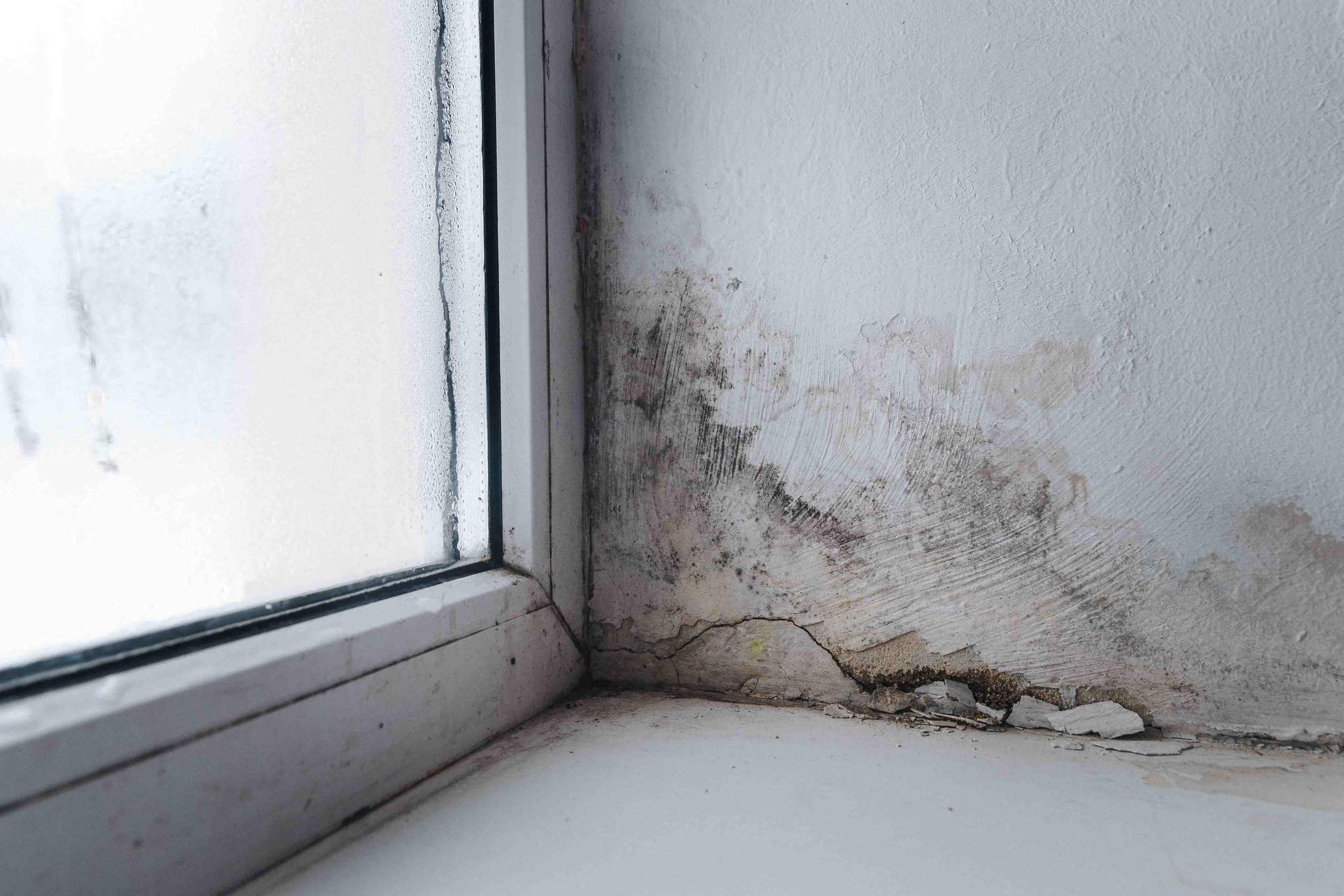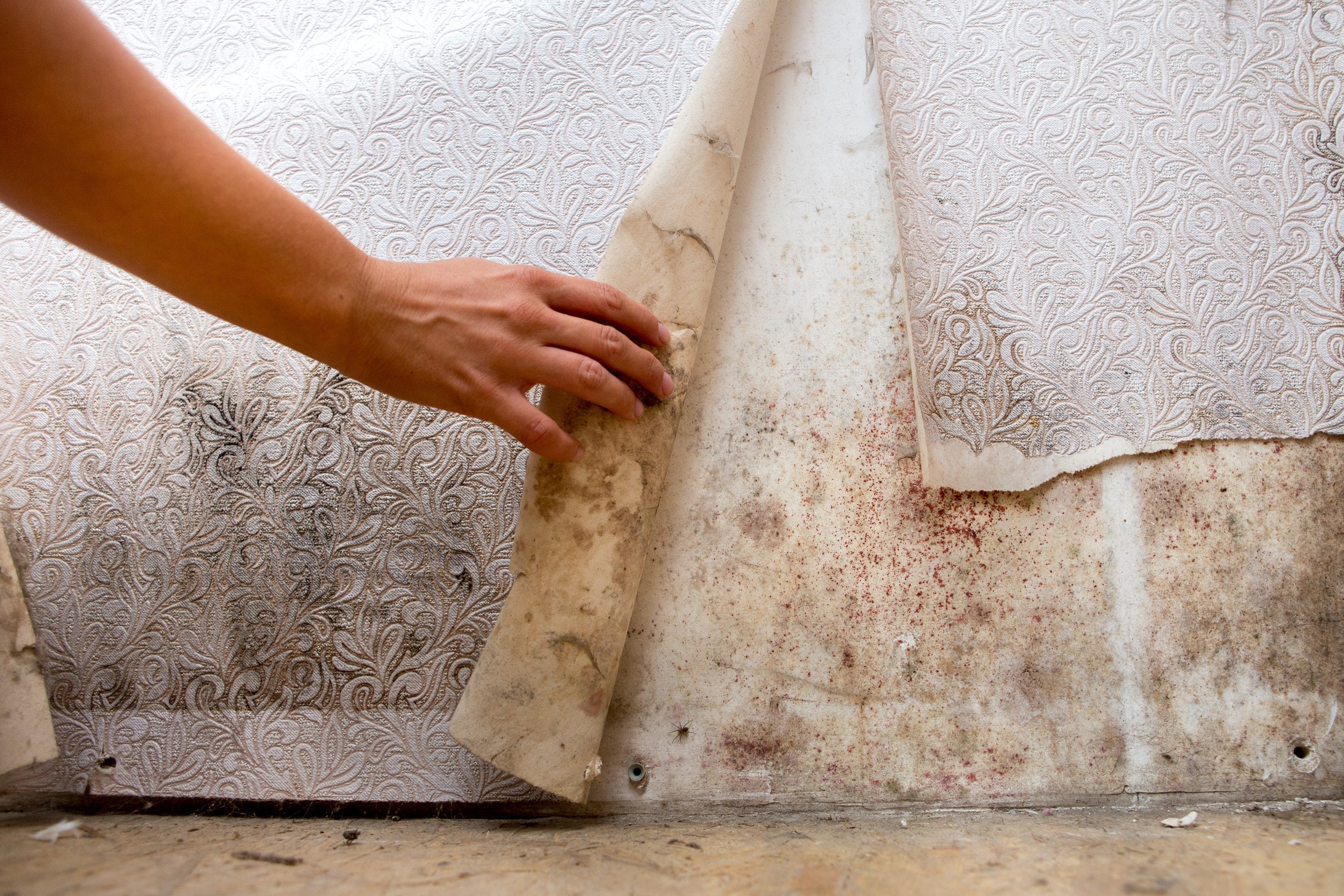Everyone expects their homes to be safe and secure and not cause any hazards to their health. But what do you do when it isn’t? Often, people can feel powerless if their landlord refuses to make repairs to hazardous homes, but it doesn’t have to feel this way.
In this guide, we’ll tell you everything you need to know about making housing disrepair claims, from how much compensation you could receive and how to use a compensation calculator all the way up to our handy frequently asked questions.
Keep reading to find out if you could be eligible for compensation. Or, our team can talk you through the housing disrepair and personal injury claims process for free when you get in touch by:
- Calling us on 0800 073 8804
- Using the live chat feature
- Contacting us online

Jump To A Section
- Can I Make A Claim For House Disrepair?
- Housing Disrepair Compensation Calculator
- What Does The Process Involve?
- Can I Make A Housing Disrepair Claim On A No Win No Fee Basis?
- Frequently Asked Questions About Housing Disrepair Claims
- More Information
Can I Make A Claim For House Disrepair?
You can make a claim for the disrepair to your home, and you can claim for any personal injuries caused by the disrepair. Your right to compensation is set out in two essential legislations:
The Landlord and Tenant Act 1985
Under The Landlord And Tenant Act 1985, your landlord has a legal responsibility to repair and maintain your home. Section 11 states that they must keep in good repair:
- Gas appliances
- Heating and hot water suppliers
- The windows, roof, and all exterior features
- Sanitary fixtures, like the toilet, bath, sinks, or shower
- The supply of heating and hot water
- Electrical wiring
If your landlord lets these fall into disrepair, even if it hasn’t caused you any physical harm, then you could make a housing disrepair claim. To do this, you need to prove that your landlord was aware of the damage and did not attempt to repair it within a reasonable timeframe.
Defective Premises Act 1972
You can also make a personal injury claim under the Defective Premises Act 1972. Section 4 of this legislation holds your landlord responsible for not only damage to your property but any injury or illness that this disrepair causes to you.
One example of this could be if you report a crack in your ceiling to your landlord. They make no attempt to repair this, even as it worsens, and this causes the ceiling to collapse. The falling debris hits you in the head, causing a traumatic brain injury.
To find out if you could claim personal injury compensation or to learn more about who can make housing disrepair claims, talk to one of our friendly advisors today.

Housing Disrepair Compensation Calculator
Using a housing disrepair compensation calculator can be a good way to get a broad idea of what could be claimed. Most compensation calculators use figures from the Judicial College Guidelines (JCG), a document that provides guideline brackets for common injuries and illnesses, to provide a guideline of what you could get for general damages.
General damages is one of two potential heads of claim, and it covers the pain and suffering caused by your injuries. You can take a look at some of the JCG’s guideline compensation brackets in the table below, but please note that the first entry is not from the JCG.
| Injury | Compensation |
|---|---|
| Multiple Severe Injuries Plus Special Damages, e.g Alternate Housing Or Lost Earnings | Up to £500,000+ |
| Moderately Severe Brain Damage | £267,340 to £344,150 |
| Severe Psychiatric Damage | £66,920 to £141,240 |
| Severe PTSD | £73,050 to £122,850 |
| Severe and Permanent Disabling Asthma | £52,550 to £80,240 |
| Chronic Asthma | £32,090 to £52,490 |
| Bronchitis and Wheezing | £23,430 to £32,090 |
| Dermatitis (a) | £16,770 to £23,430 |
| Simple Fractures to Tibia or Fibula or Soft Tissue Injuries | Up to £14,450 |
| Simple Fractures of the Forearm | £8,060 to £23,430 |
You might also be eligible for special damages. This covers the financial losses caused by your injuries, like the cost of:
- Lost earnings
- Childcare
- Relocation or moving to temporary housing
- Prescriptions
- Private medical treatment
To learn more about how our solicitors could help with housing disrepair claims, contact our team today. Or, keep reading to find out more about compensation for housing disrepair issues.

What Does The Process Involve?
One of the most important steps in the claims process is collecting evidence. It doesn’t matter whether you’re making a housing disrepair claim, personal injury claim, or both; you need to be able to prove that your landlord knew about the disrepair, and failed to fulfil their legal responsibilities.
There are many ways you can prove your claim. To prove disrepair, you can keep copies of complaints or reports made to your landlord, and you can take photographs of visible damage, like leaking pipes or visible mould.
For a personal injury claim, you can use medical evidence, like medical records or the results of an independent medical assessment. You could also use financial evidence like bank statements and invoices to prove your monetary losses.
One of our solicitors could help you prove your claim. Keep reading to learn more about our solicitor’s experience with housing disrepair claims, or contact us today to get started.
Can I Make A Housing Disrepair Claim On A No Win No Fee Basis
At Legal Expert, we believe that expert legal help should be available to everyone, regardless of your financial status. Because of this, our solicitors provide their services through the terms of a Conditional Fee Agreement (CFA).
Because it’s a kind of No Win No Fee contract, a CFA makes working with a specialist solicitor accessible to everyone by giving access to their services without taking any ongoing or upfront fees. In fact, the only time you’ll pay a solicitor’s fee under a CFA is a small, legally capped success fee if your claim wins. If you lose, then you pay nothing for their work.
Working with a No Win No Fee solicitor can make the claims process seem much less complex, and our solicitors have decades and decades of combined experience within the legal system. We’ve also got a proven track record, having recovered over £80 million worth of compensation for our clients and counting.
Plus, we can help you through your recovery by connecting you with a number of rehabilitation specialists, which range from occupational therapists to disability architects. This means that you can focus on your recovery while your solicitor works tirelessly behind the scenes to secure your compensation.
Contact Us
Our team are here to help, and they’re waiting to take your call. When you get in touch, they can talk you through the claims process in a free consultation with no strings attached. If you feel like we are right for you, they can connect you with one of our expert solicitors. Get started today by:
- Calling us on 0800 073 8804
- Using the live chat feature
- Contacting us online

Frequently Asked Questions About Housing Disrepair Claims
Still looking for answers? Take a look at some of our helpful frequently asked questions below.
How Long Will It Take For Landlords To Fix Housing Disrepair?
How long it takes for your landlord to fix certain issues in your house depends on what the issue is, but they should fix any reported issues in an adequate timeframe. Our advisors can tell you more about when your landlord should fix things like broken heating or no water.
Can Private Landlords Be Claimed Against?
Yes, it doesn’t matter whether you have a private landlord or you’re a council housing tenant. If your landlord didn’t live up to their legal responsibilities, you could make a housing disrepair claim.
Can My Landlord Evict Me If I Make A Housing Disrepair Claim?
You have a legal right to claim compensation if you can prove that negligence has occurred. Our team can talk you through navigating a claim against your current landlord when you get in touch.
Do I Have To Report Housing Disrepair Before Making A Claim?
Yes, you should report any disrepair or issues to your landlord first. They need to be aware of the problems and have an adequate amount of time to fix them before you can start the claims process. Council and social housing tenants can report any issues of disrepair to the Housing Ombudsman.
Who Would Pay My Compensation?
This depends on whether you have a private landlord or you live in social housing. Landlords aren’t legally required to have insurance, but many choose this cover to protect them in the case of a compensation claim. This means that your compensation would come from their insurance provider.
Could I Claim Compensation For Mould In My Home?
Mould can be extremely hazardous to your health, and your landlord should take steps to make repairs if you find mould in your home. If they don’t do this and you make a claim, you could get compensation for both the disrepair in the home and the effect the mould has had on your health.
Should I Withhold Rent If My House Is In A State Of Disrepair?
If your home is in a state of disrepair, withholding your rent could be seen as a breach of your tenancy agreement, which can result in eviction and repossession of your belongings and can make claiming compensation hard.
What If My Housing Association Has Left Me With No Heating?
Having heat in your home is important, especially in the winter months, and without it, your home could be unlivable. If your housing association has left you with no heating and is not attempting to rectify this, then you could make a compensation claim.
More Information
To learn more about claiming for a personal injury:
- Learn how to make a personal injury claim for an accident in a garden
- Find out about these six surprising injuries that you could claim compensation for
- Get help claiming compensation for an injury caused by broken or faulty furniture
Or, for more helpful resources:
- Get housing advice from Shelter
- Learn about landlord responsibilities from GOV.UK
- Information on asthma from the NHS
Thank you for reading our guide on how to make a housing disrepair claim.






